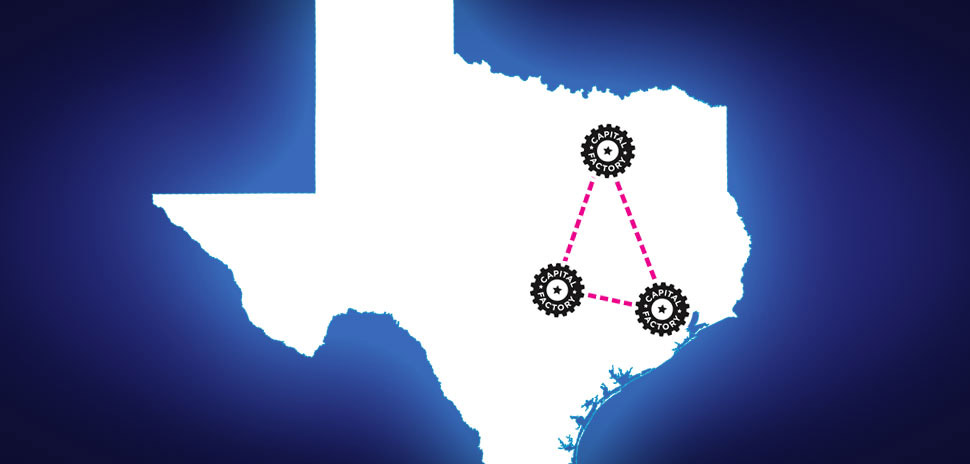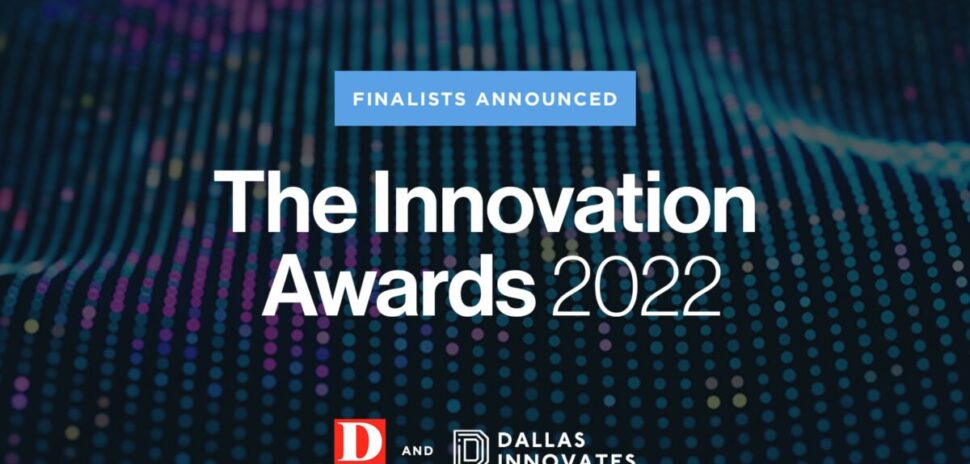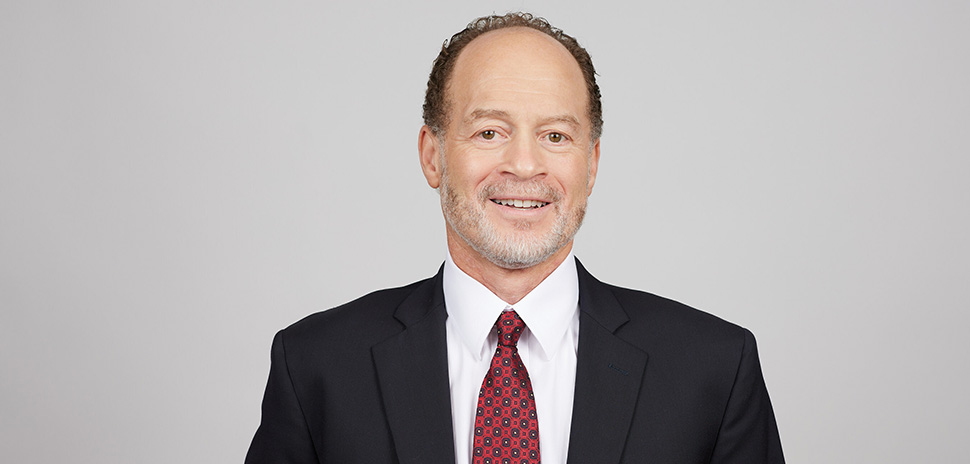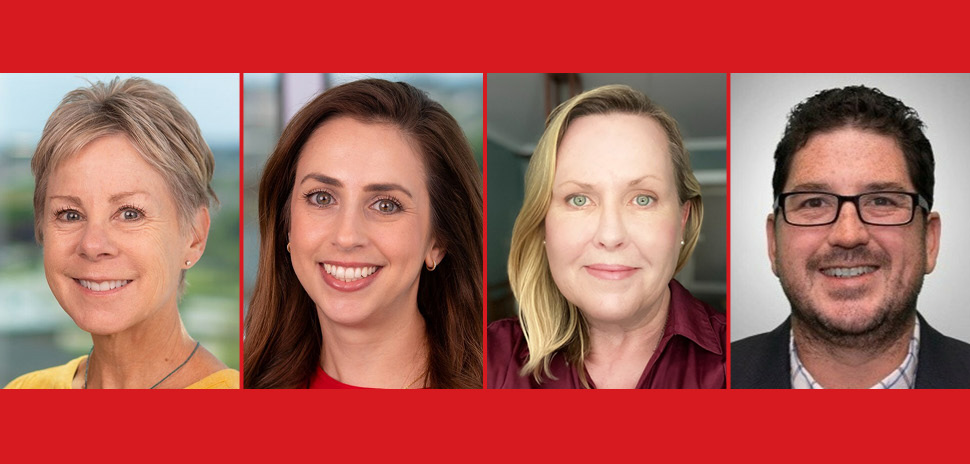According to Capital Factory’s CEO and Founder Joshua Baer, “Texas is the most promising technology market in the United States.”
As the ninth largest economy in the world, Baer and his team at Capital Factory, an Austin-based accelerator and VC firm that calls itself the center of gravity for entrepreneurs in Texas, are bullish on the state’s potential. People are moving here, and emerging startups are consistently being founded—and they see this as the beginning.
To Baer, the state’s great migration of investors, big companies, and government groups starts with one thing: talent. And it’s not limited to one city.
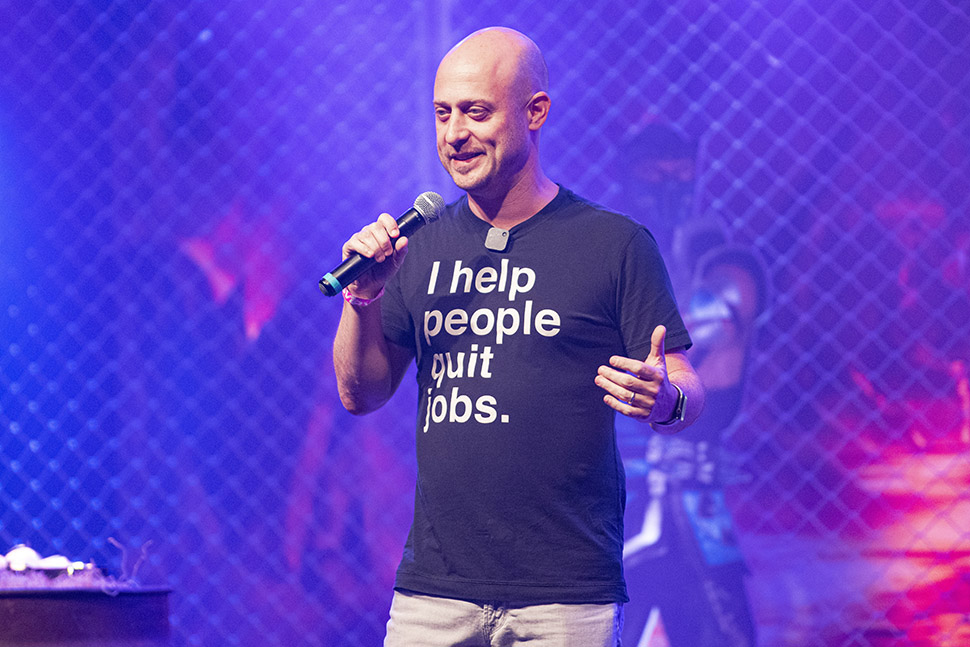
Capital Factory Founder and CEO Josh Baer [Photo: Michael Samples]
Launched around three years ago, Capital Factory’s Texas Startup Manifesto is a vision of treating the entire state like one big city. The Manifesto aims to show entrepreneurs that they should be talking to investors in all of the major cities: Austin, Dallas, Houston, and San Antonio.
When connected, these locations form what Baer calls a “massive startup Megalopolis,” one that is ripe for “attracting top talent, impact-focused investors, and the most innovative companies in the world.”
Following a year of uncertainty amidst the COVID-19 pandemic, Baer and his team have collected input from stakeholders and released the Texas Startup Manifesto 2.0 to showcase just how far the state has come.
The overarching mission? Startups and investors should treat Texas like one big city.
In the latest rendition of the manifesto, Baer highlights why big name companies like Tesla, Charles Schwab, and Hewlett Packard have made the shift from California to Texas. More than 50 Fortune 500 companies are headquartered in the Lone Star State (24 are in Dallas).
Each major Texas city is a leader in various industries, and has top ranked colleges and universities, running innovation units, veteran support, business organizations, strong tech civic engagement organizations, entertainment, and big-name entrepreneurs. He even noted each city’s physical technology hubs that have been established with strong public/private partnerships, like Dallas’ upcoming Pegasus Park from UT Southwestern and Lyda Hill Philanthropies.
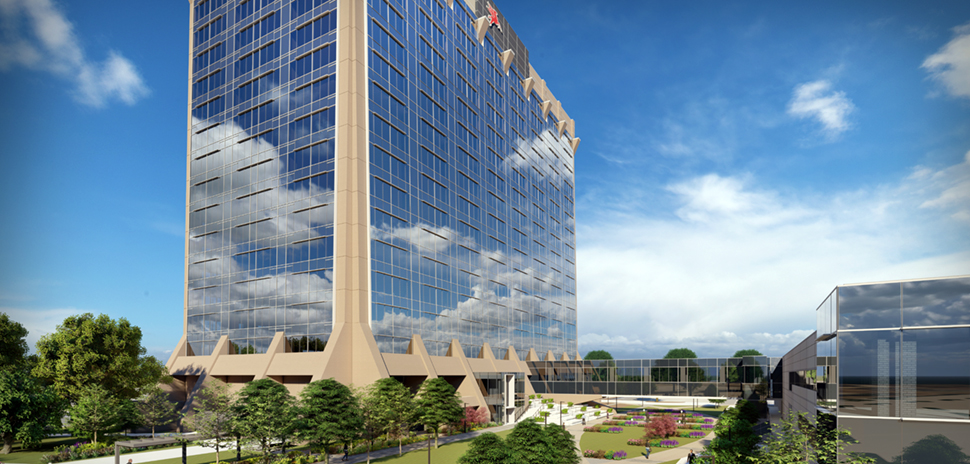
Pegasus Park [Rendering: GFF]
“Something is different now,” Baer writes. “It’s like a dam has broken and now there is a flood of new entrepreneurs, investors, and big companies moving to Texas.”
Right now, to Baer, the state’s biggest strengths are that it’s: well-capitalized, collaborative, business and tax friendly, and diverse.
Although Silicon Valley has traditionally received a disproportionate amount of private funding, its dominance has declined as the money has shifted to other cities across the U.S.
Historically, Baer notes, Austin Ventures has been the biggest player in Texas venture capital. However, in the past five years, Texas has seen major growth in three areas: Texas-based venture firms, national venture firms with a local partner or office in Texas, and venture firms outside of the state investing with local investors in Texas startups.
Baer says that Texas collaborates because its startup community frequently partners together to share space, content, and programming. The state is also ranked as the second best place for Black founders to launch a company and ranked fifth best company for female entrepreneurs to launch.
“It’s not just Capital Factory… many other incredible organizations are viewing the entire state of Texas as one massive opportunity,” Baer writes. “Everyone seems to be on board—and they are all working together.”
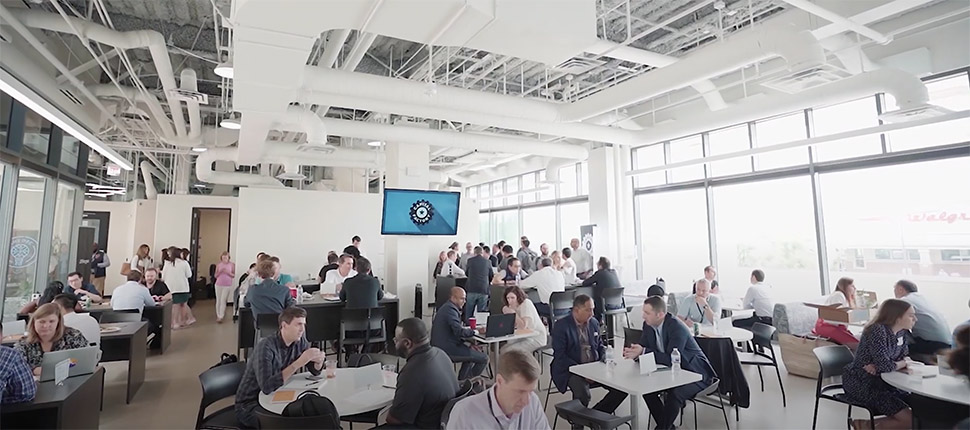
[Photo: Capital Factory]
One highlight is the Texas Enterprise Fund, which has made the state more attractive for businesses to relocate. Many don’t know that since 2003, the TEF has provided incentives for relocations, creating more new jobs.
Likewise, the Texas no corporate tax and personal income tax has drawn more companies to the region, not to mention the transportation infrastructure for fast and affordable travel.
“Everything may be bigger in Texas, but innovative transportation options are making it feel smaller than ever and making it more affordable and convenient to get from city to city than ever before,” Baer writes.
Baer’s core thesis of the Texas Startup Manifesto is that Texas is stronger as a state. Our cities should focus on competing against the world rather than each other.
“Entrepreneurs should treat the entire state of Texas like one big city — because you can,” Baer writes. “No matter which city you sleep in, find investors across the state, find customers across the state, and recruit talent across the state.”
![]()
Get on the list.
Dallas Innovates, every day.
Sign up to keep your eye on what’s new and next in Dallas-Fort Worth, every day.










